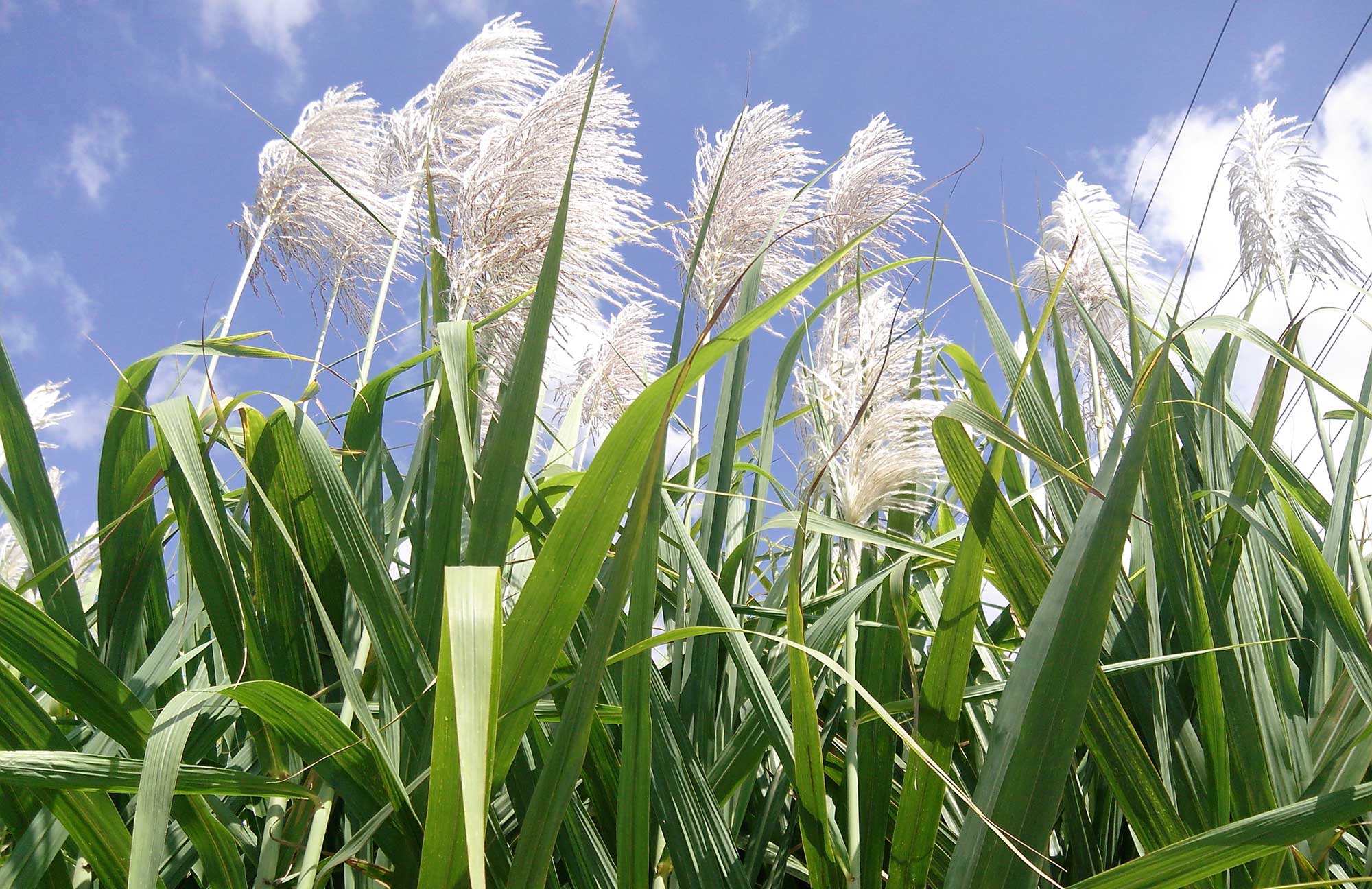How Sugar and Cane Are Processed for Use in Everyday Products
How Sugar and Cane Are Processed for Use in Everyday Products
Blog Article
Why Walking Cane Sugar Processing Chemicals Are Essential for Modern Sugar Refining
The role of walking stick sugar handling chemicals in modern sugar refining can not be overemphasized, as they are important to improving both the efficiency of extraction and the general top quality of the end product. Agents such as phosphoric acid and specific flocculants are utilized to get rid of pollutants, causing sugar that not just fulfills customer expectations but likewise follows market criteria. Nonetheless, the ramifications of these chemicals expand past top quality, discussing market dynamics and ecological factors to consider. This raises important questions regarding the sustainability of such methods and their influence on the future of sugar production.
Function of Handling Chemicals
The efficacy of walking stick sugar handling hinges considerably on the critical application of handling chemicals. These chemicals play an essential function in boosting the performance and quality of sugar removal and refining. From the preliminary stages of juice extraction to the final purification actions, processing chemicals assist in various important procedures.
In the removal phase, chemicals such as phosphoric acid and calcium hydroxide are utilized to maximize the information process, aiding to get rid of contaminations and put on hold solids from the walking stick juice. This not only boosts the yield however also makes sure the clarity of the final product. In addition, representatives like flocculants aid in the quick settling of pollutants, thereby improving the general procedure.
Triggered carbon and ion exchange materials offer to get rid of shade and odor, making certain that the polished sugar fulfills consumer top quality requirements. Thus, the precise selection and application of these chemicals are essential for accomplishing optimal results in cane sugar handling.
Secret Kinds Of Chemicals
Walking stick sugar processing counts on a variety of crucial chemicals that facilitate each stage of manufacturing. These chemicals play crucial functions in clarifying, lightening, and cleansing the sugar drawn out from walking cane.
One primary classification of chemicals includes flocculants, such as polyacrylamide, which help in the explanation procedure by promoting the aggregation and settling of pollutants. Furthermore, calcium hydroxide is frequently utilized to counteract acidity and help in the elimination of non-sugar parts.
Bleaching agents, such as activated carbon and sulfur dioxide, are made use of to decolorize the syrup, causing a clearer end product. These chemicals aid get rid of color substances that might influence the sugar's look and marketability.
Furthermore, phosphoric acid serves as a pH regulatory authority during the processing phases, guaranteeing optimum conditions for the chemical activities involved in sugar removal and filtration.
Various other vital agents consist of edta (ethylenediaminetetraacetic acid), which chelates steel ions that can catalyze unfavorable responses, and sodium hydroxide, which helps in pH control throughout the refining procedure. Collectively, these chemicals boost performance and make sure a premium cane sugar product.
Advantages for Sugar Quality
Frequently overlooked, using details handling chemicals substantially boosts the general high quality of walking cane sugar. These chemicals play a crucial role in refining procedures, making certain that the end product satisfies strict sector criteria for pureness and taste.

Furthermore, processing chemicals help in attaining a regular granulation and appearance, which are important for consumer approval. By regulating the crystallization procedure, these chemicals guarantee that the sugar crystals form uniformly, bring about a more appealing item that dissolves well in various applications.
In addition, using these chemicals can boost the service life of walking stick sugar by minimizing moisture absorption and microbial development. In general, the calculated application of handling chemicals is vital for supplying top quality cane sugar that meets consumer assumptions and industry demands.
Ecological Impact Factors To Consider

Furthermore, the energy-intensive nature of sugar refining, compounded by chemical usage, often causes boosted carbon discharges. This adds to environment adjustment and elevates worries relating to the sustainability of present refining techniques. Furthermore, the sourcing of these chemicals might include techniques that endanger biodiversity, such as monoculture farming, which lowers the resilience of farming ecosystems.

To alleviate additional reading these effects, sugar refiners are increasingly checking out sustainable alternatives and embracing finest methods that reduce chemical use. Executing strenuous ecological monitoring systems can help ensure that the refining process lines up with environmental criteria and promotes biodiversity. Ultimately, a balanced method that prioritizes both sugar quality and ecological stewardship is important for the long-lasting practicality of the sugar industry.
Future Fads in Refining
As the sugar market grapples with the environmental obstacles connected with traditional refining methods, ingenious approaches are emerging to enhance both efficiency and sustainability. One considerable trend is the fostering of environment-friendly chemistry concepts, which prioritize using non-toxic, naturally degradable processing chemicals. This shift not just reduces ecological impact but likewise addresses customer need for cleaner production methods.
One more encouraging advancement is the application of sophisticated filtration modern technologies, such as membrane splitting up and adsorption processes. These techniques boost the clarity and high quality of the sugar while decreasing the volume of wastewater produced throughout refining. Additionally, the integration of digital technologies, including IoT and AI, is transforming functional effectiveness by allowing real-time monitoring and anticipating maintenance, thus reducing resource waste.
In addition, using byproducts from sugar refining, such as bagasse and molasses, is obtaining traction. These materials can be exchanged biofuels or value-added items, adding to a circular economy within the market. Jointly, these patterns indicate a shift in the direction of even more lasting techniques that not just enhance functional performance but additionally align with international sustainability objectives, ensuring the future viability of sugar refining.
Conclusion
Walking stick sugar processing chemicals are essential in contemporary sugar refining, substantially improving the efficiency and quality of sugar extraction. The critical use of these chemicals not just enhances the pureness and taste of the final item but also ensures consistent formation and structure. As the industry significantly focuses on sustainability, the adoption of environmentally-friendly processing agents is most likely to shape future fads in refining, inevitably leading to better products and extended service life for consumers.

Eventually, a well balanced method that focuses on both sugar quality and ecological stewardship is necessary for the lasting feasibility of the sugar market.
Walking stick sugar processing chemicals are vital in contemporary sugar refining, substantially boosting the effectiveness and quality of sugar extraction.
Report this page